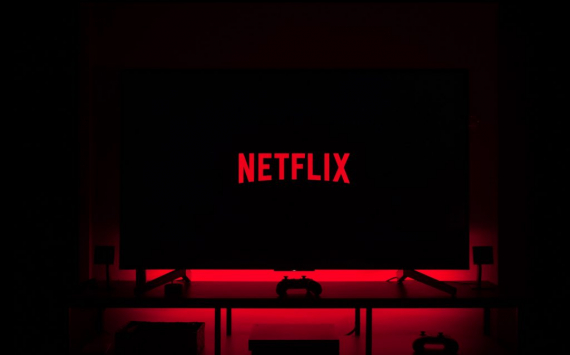
The ugly truth of Love is Blind
Netflix's hit dating show, "Love is Blind," aimed to help singles find true love based on personality instead of looks. But now, ex-participants have exposed the show's harmful production and its negative impact on their well-being.
The show's premise involved contestants getting to know each other without ever seeing each other face-to-face. This meant that they had to rely solely on conversation to build emotional connections, with the hope that this would lead to a long-lasting relationship. However, the show's unique format came with some significant challenges, which made the experience difficult for many of the participants.
Ex-Season 2 contestant Nick Thompson criticized the show's lack of support for contestants, resulting in ruined lives due to the highly amplified on-set environment.
Many other contestants chose to remain anonymous but shared similar accounts of the show's negative impact on their mental and physical health. Some even called the experience "traumatic."
The production team of the show is being investigated for contestant mistreatment. Ex-contestants claim that they were made to film for almost 2 weeks, up to 20 hours a day. The team controlled their eating and sleeping schedules, and there were reported shortages of food and water in common areas. Alcohol was easily available, and production assistants were supposedly instructed to keep the contestants' drinks full.
The production team restricted contestants' outside access by taking away their phones and creating a windowless set. Production assistants instructed them not to interact, even in the same room, to foster isolation.
Danielle Ruhl's ordeal highlights the show's disregard for contestants' welfare. She fainted during a blind date in the pod, likely due to dehydration, hunger, and exhaustion. The show didn't offer any medical help but instead had her take a Covid test and film a confessional upon waking up.
The production of Love is Blind has sparked concerns over the welfare of reality TV contestants and the measures taken by producers to generate dramatic content. Despite its success, the show's cost proved too much for many participants. Whether producers will adjust remains uncertain, highlighting the need for improved protection for reality TV contestants.






